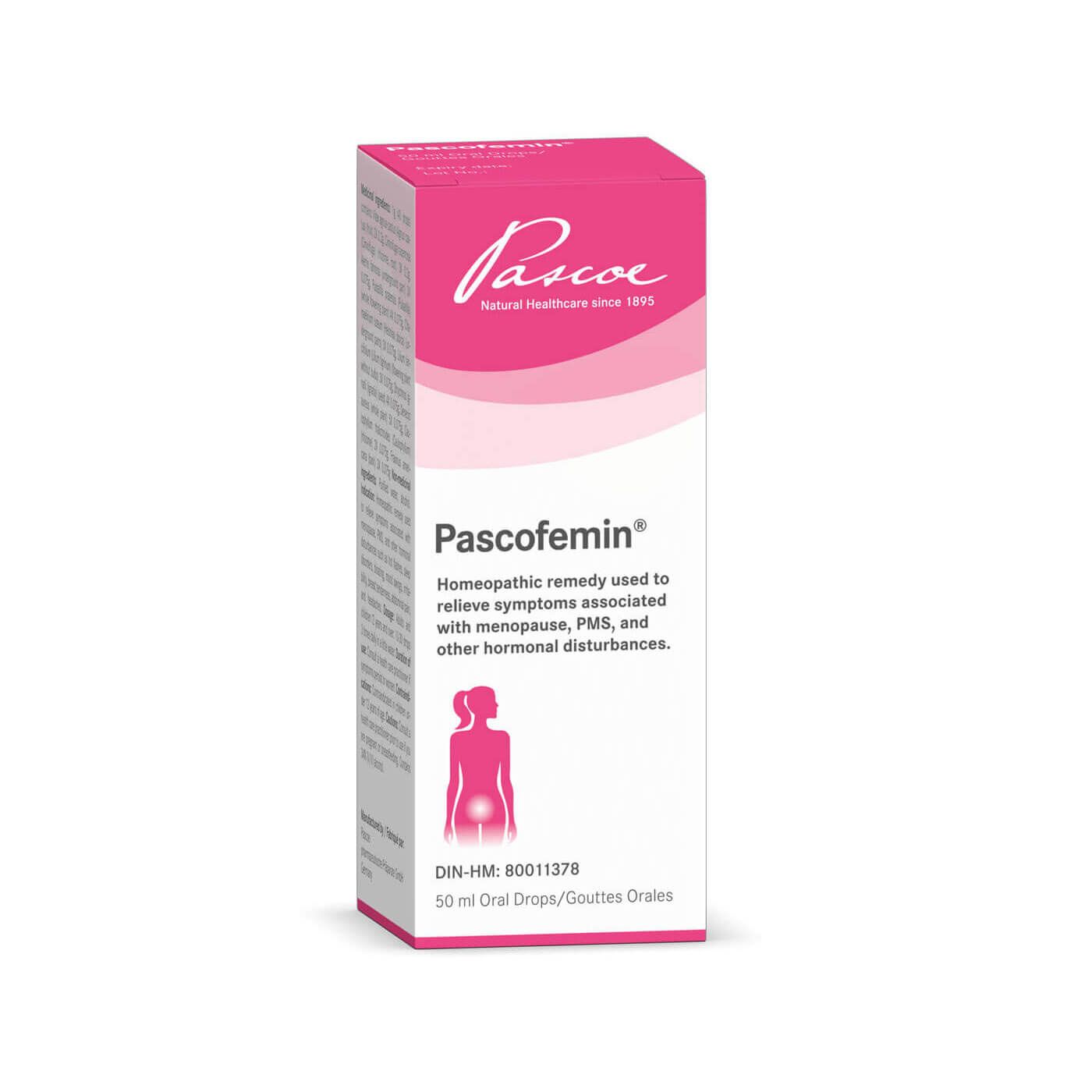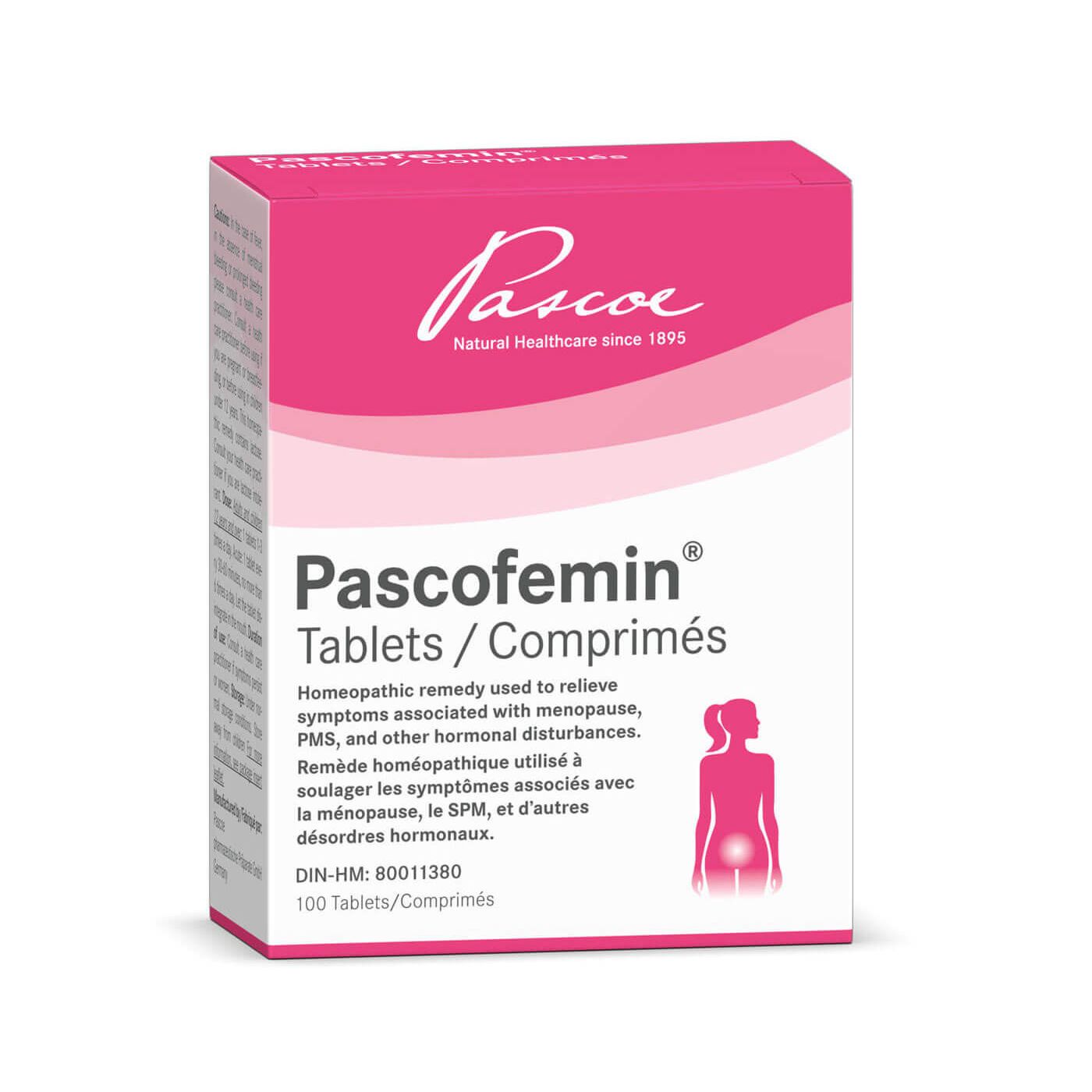Hidden Hormonal Imbalances Sabotaging Your Weight Loss Efforts
Despite revamping your diet, committing to an exercise routine, and improving your sleep habits, the numbers on the scale won't seem to budge.
Or worse, you've had unexplained weight gain. What gives? Maybe you've heard that "your metabolism is slowing down" or "you're just getting older" as a stereotypical age-related excuse. But has anyone mentioned your hormones might be undermining your efforts? Truth be told, almost anyone who struggles with their body weight also battles a hormonal imbalance. Yes, calories-in/calories-out matter, but gaining energy, better mood, and losing unwanted belly fat might require you to dig deeper and address these most common hormonal imbalances.
Cortisol
Cortisol is produced by the adrenal glands. The adrenal glands produce it in response to stress. In the short-term, cortisol gives us bursts of strength, focus, energy, and even improves our immune system. But as always, too much of a good thing can be harmful. Chronically high levels of cortisol is a hormonal imbalance that can interrupt sleep, increase blood pressure, and lead to anxiety and depression. More so, too much cortisol puts extra weight on the body and belly fat.


This is because we have more cortisol receptors in our adipose tissue than in any other areas of fat storage. More so, a hormonal imbalance of cortisol disrupts our blood sugar levels giving us that fight-or-flight sensation during times of stress. The rise in blood sugar is quickly followed by a drop, leaving us feeling tired, hungry, craving sugar and more stressed. A vicious cycle. Cortisol can also throw estrogen and progesterone levels out of whack, more on why this is problematic shortly.
Insulin
Insulin is made by the pancreas. It allows your body to break down carbohydrates and use it for sugar (glucose). Insulin is also known as a fat-storage hormone. Insulin resistance is a hormone imbalance and all the buzz lately. Essentially this means that your cells can't absorb the extra blood glucose generated from the food you consume. As a result, your liver converts excess glucose into fat. This is why insulin resistance can be the cause of sugar addiction or weight gain.
Leptin
Leptin is released from your fat cells in adipose tissue. It is one of our "hunger hormones" that suppresses appetite to control weight. It signals to the brain to stop eating when you are satiated. Over weight or obese individuals have more body fat which produces more leptin. You'd think higher levels would be better for weight loss in this case. Think again. When you bombard the brain with leptin signals from too many fat cells, our brain stops listening. No drop in appetite, no drop in weight. In fact, your brain might even think you're starving which makes you hungrier. This is known as leptin resistance - another hormonal imbalance causing weight loss resistance.
Estrogen
Estrogen, produced primarily in the ovaries, helps in the development and maintenance of the reproductive system and female characteristics. Estrogen dominance, a hormonal imbalance, means you have too much estrogen in comparison to its counter-hormone, progesterone. Some symptoms of estrogen dominance in women include fluid retention, PMS, breast tenderness, PCOS, fibroids or irregular periods and menstrual cycles. In men, a hormonal imbalance of high estrogen levels can cause a beer belly, loss of body hair, and swollen breast tissue. For both men and women, too much estrogen is a hormone imbalance that can inhibit weight loss or cause you to gain weight.
Conversely, falling estrogen levels is a hormone imbalance that can also have an impact on your healthy weight. Lower levels of estrogen may slow down your metabolic rate and impact your weight loss efforts.


This means the body uses starches and blood sugars less effectively, which increases fat storage. Low estrogen is also associated with reduced physical activity which can cause weight gain. While menopause and perimenopause do not automatically precede or equate to weight gain, as many women age they produce less estrogen which may cause an increase in body fat and hormonal weight gain. Estradiol is a popular hormonal medication used to treat low levels of estrogen and menopause symptoms. This may include hot flashes, vaginal dryness, decreased sex drive and osteoporosis. It is also used for the treatment of breast cancer and prostate cancer.
Progesterone
Low levels of progesterone can cause water retention and bloating which increases weight. A decrease in progesterone can also lead to estrogen dominance, a common symptom of which is weight gain. Progesterone is necessary to lower insulin levels and it reduces inflammation to help your brain receive leptin. During menopause and perimenopause, progesterone is usually the first hormone that decreases.
Thyroid
Your thyroid is a tiny, butterfly-shaped gland found in the lower front of your neck. Think of your thyroid as the gas pedal of your metabolism. The main role of the endocrine gland is to manage how fast or slow you burn calories. When your thyroid is sluggish or underactive, also known as hypothyroidism, your metabolism slows down. It isn't producing enough hormones involved in the metabolic process. Women over 50 and post-menopausal are most at risk for developing hypothyroidism. Besides weight-gain, you might experience symptoms such as lack of energy, skin changes, hair loss, and constipation. These symptoms make it hard to diagnose as they mimic things we typically associate with ageing.
Testosterone
For men and women alike, androgens such as testosterone and DHEA are responsible for regulating fat distribution, bone strength, and muscle mass. For women, a harmonious balance between testosterone levels and estrogen is important for the ovaries to function properly. A decline in this androgen can leave your body less efficient at burning calories. Hormone therapy for low testosterone may lead to weight loss by promoting muscle growth. In turn, this increases the number of calories burned. If you're looking for a natural solution to triggering the production of testosterone, research has shown time and time again the answer is resistance training and lifting weights.
Hit the "Reset" Button
There are several ways to get your hormones back on track to achieve healthy body weight.
Diet
To rebalance your hormone levels, eliminate processed foods, refined sugars, and carbs from your diet. This includes alcohol too. Opt for a whole-foods, plant-based diet that is high in protein, whole grains, and healthy fats.
Movement
The good news is you don't have to spend hours on the treadmill. Honestly don't. This can actually be counterproductive to balancing your hormones. Chronic cardio raises cortisol too high and leads to an overactive stress response system. Rather, prioritize strength training and interval training for fat-burning. Yes, weightlifting and sprints will increase cortisol levels, but not a lot and for a fraction of the time as compared to long bouts of exercise. Exercise also increases anabolic hormone production and improves insulin sensitivity.
Thoughts
Stress has a massive impact on your hormone levels. So much so that we wrote an entire blog post on it that you can find here.
Restful Sleep
Prioritize sleep - it's a must. When we are sleep-deprived, ghrelin spikes which stimulates our appetite. More so, leptin falls which leaves us feeling hungrier.
Hormonal Testing
If you've already implemented these self-care lifestyle changes and established that neither vitamin deficiency nor medication is an issue, perhaps it's time to get your hormones checked. A doctor can request a blood test to check your levels of estrogen, follicle-stimulating hormone, thyroid, testosterone,


and cortisol levels. More advanced tests such as a pelvic exam, ultrasound, biopsy and x-ray can also be used to check for hormone imbalances.
Natural Remedies
Pascoe offers clinically-proven effective supplements. Pascoflair® is a herbal remedy made with passionflower extract to help with mental stress, restlessness, and insomnia. Pascofemin® is an over-the-counter and hormone-free alternative homeopathic remedy used to relieve symptoms of hormonal disturbances and imbalances.






